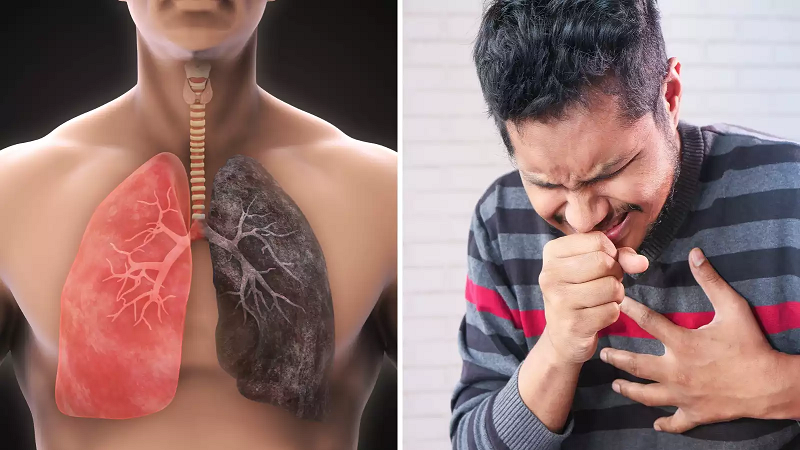Arthritis is becoming a major problem at an early age across the world. This is why it has become very important to spread awareness about arthritis. The condition of swelling, stiffness, and pain in the joints without any injury is called arthritis. There are more than 100 types of arthritis, but there are mainly two types of arthritis, osteoarthritis (OA) and rheumatoid arthritis (RA).

The cases of both types of arthritis are increasing in the youth. According to an estimate, about 2 percent of the youth population in the country is suffering from rheumatoid arthritis. The cases of RA are on the rise in the age group of 22 to 40. With increasing age, the cartilage of the joints starts wearing away, which eventually causes the problem of arthritis. Osteoarthritis affects the knees the most. Its symptoms include swelling, stiffness, and persistent pain in the joints, especially the knees, pain when bending or lifting weights, some people feel pain for some time after waking up in the morning, and difficulty in walking or climbing stairs.
Who is at greater risk?
- Genetic causes
- Injuries to joints during an accident or sports
- Smoking too much
- Vitamin D deficiency. Vitamin D is found naturally in sunlight

- Staying in the wrong posture for a long time also has a bad effect on the joints.
- During menopause in women, after menstruation stops or after the uterus is removed, bone health is adversely affected. That is why women after 40 are advised to take regular exercise and calcium supplements.
What to eat and what not to eat in arthritis
Arthritis patients should consume green leafy vegetables, garlic, ginger, tomato, pumpkin, beans, turmeric and broccoli. Anti-inflammatory properties are found in these, which help in reducing swelling. Apart from this, one should not consume junk foods, processed foods, greasy foods, excess cold items, salt, sugar, refined flour, non-veg, and alcohol.
(PC: Freepik)







.jpg)


